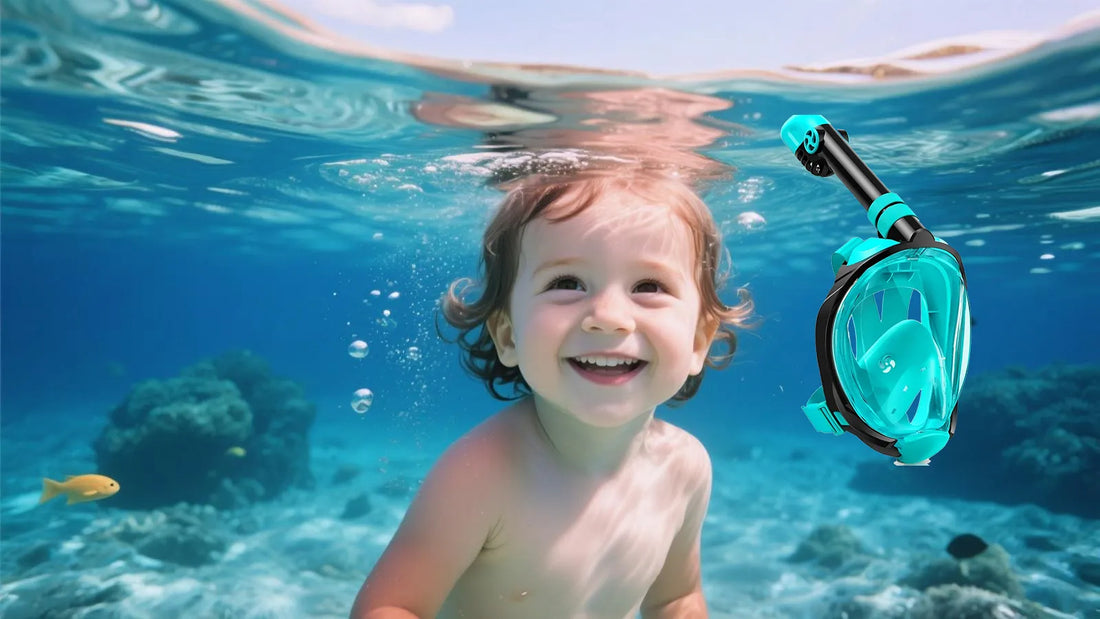Scuba diving is an exhilarating activity that allows you to explore the underwater world like never before. Whether you're drawn to vibrant coral reefs, mysterious shipwrecks, or the serene beauty of marine life, learning how to scuba dive opens up a whole new realm of adventure. This comprehensive guide will walk you through everything you need to know to get started, from understanding the basics to mastering essential skills.
Understanding the Basics of Scuba Diving
Before you dive into the water, it's crucial to understand the fundamentals of scuba diving. Scuba stands for Self-Contained Underwater Breathing Apparatus, which means you'll be carrying your own air supply underwater. This allows you to breathe and move freely beneath the surface. However, scuba diving is not just about strapping on gear and jumping in; it requires proper training, knowledge, and preparation.
Getting Certified: The First Step
The first step in learning how to scuba dive is getting certified. Enroll in a recognized scuba diving certification course, which typically includes both theoretical and practical training. During the course, you'll learn about dive planning, equipment usage, safety procedures, and how to handle potential underwater emergencies. Certification ensures that you have the necessary skills and knowledge to dive safely and responsibly.
Choosing the Right Equipment
Scuba diving requires specialized equipment to ensure your safety and comfort underwater. Essential gear includes a mask, snorkel, fins, wetsuit, buoyancy control device (BCD), regulator, and air tank. While some dive centers provide rental equipment, investing in your own gear can enhance your diving experience. Make sure to choose equipment that fits well and suits your diving needs.
Mastering Underwater Skills
Once you're equipped with the right gear, it's time to master essential underwater skills. These include proper breathing techniques, buoyancy control, and effective communication with your dive buddy. Practice these skills in a controlled environment, such as a swimming pool or shallow water, before venturing into deeper waters. Remember, confidence and competence underwater come with practice and experience.
Planning Your Dive
Proper dive planning is critical to a safe and enjoyable experience. Before each dive, check the weather conditions, water temperature, and visibility. Plan your dive route, set a maximum depth, and establish a time limit. Always dive with a buddy and ensure you both are familiar with the dive plan. Carry a dive computer or depth gauge to monitor your depth and bottom time.
Safety First: Understanding Risks and Precautions
Scuba diving is generally safe when done correctly, but it's essential to be aware of potential risks. These include decompression sickness, nitrogen narcosis, and equipment malfunctions. To minimize risks, always follow safety guidelines, avoid diving beyond your certification level, and never hold your breath underwater. Regularly inspect your equipment and stay within your limits.
Exploring Dive Sites
One of the most exciting aspects of scuba diving is exploring diverse dive sites. From tropical reefs to freshwater lakes, each location offers unique experiences. Research dive sites that match your skill level and interests. Start with beginner-friendly sites and gradually progress to more challenging dives as you gain experience. Always respect marine life and follow local regulations to protect underwater ecosystems.
Joining the Diving Community
Scuba diving is more than just a hobby; it's a lifestyle. Join local dive clubs or online communities to connect with fellow enthusiasts. Participating in group dives, workshops, and events can enhance your skills and expand your knowledge. The diving community is a great resource for tips, advice, and shared experiences.
Continuing Your Education
Scuba diving is a lifelong learning journey. After obtaining your initial certification, consider advancing your skills with specialty courses. These may include deep diving, night diving, underwater photography, or wreck diving. Continuing your education not only improves your abilities but also opens up new opportunities for exploration.
Scuba diving is a gateway to a world of wonder and adventure. By following this guide, you'll be well-prepared to take the plunge and discover the magic beneath the waves. So, what are you waiting for? Dive in and explore the incredible underwater world that awaits you!

